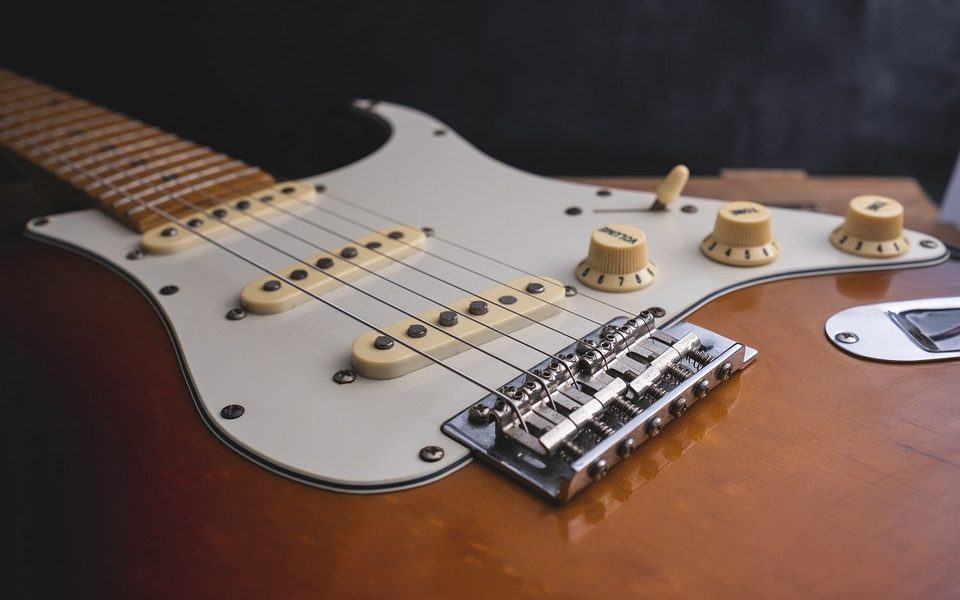Essential Tips for Guitar Beginners to Prevent Injuries
Essential Tips for Guitar Beginners to Prevent Injuries
Learning to play the guitar is an exciting and rewarding journey, but it’s important to take care of your physical health while practicing. As a beginner guitarist, there are several essential tips to keep in mind to prevent injuries and ensure a smooth learning experience. In this article, we will cover some key tips that every guitar beginner should follow to stay injury-free.
Proper Posture
One of the most important aspects of playing the guitar is maintaining proper posture. Poor posture can lead to muscle strain, tension, and even long-term injuries. To prevent these issues, make sure to sit up straight, with your back against the chair and both feet flat on the floor. Keep your shoulders relaxed and your wrists in a neutral position while playing. Avoid slouching or hunching over the guitar, as this can lead to strain on your neck and back muscles.
Warm Up and Stretch
Before practicing or playing for an extended period, it’s important to warm up your muscles and stretch to prevent injuries. Spend a few minutes doing some simple finger exercises and stretches to loosen up your hands and wrists. Some common stretches for guitarists include wrist rotations, finger pulls, and hand stretches. Warming up will help improve your flexibility and reduce the risk of strain or injury during your practice session.
Take Breaks
It can be tempting to practice for hours on end, especially when you’re first starting out and eager to improve your skills. However, it’s essential to take regular breaks to rest your hands and prevent fatigue. Aim to take a 5-10 minute break every 30-45 minutes of playing to give your muscles a chance to relax and recover. Use this time to stretch, walk around, or do some gentle exercises to avoid stiffness and tension in your hands and wrists.
Use Proper Technique
Learning the correct technique is crucial for preventing injuries and improving your playing skills. Make sure to position your hands and fingers correctly on the fretboard and use proper hand placement when strumming or picking. Avoid pressing too hard on the strings or using excessive force, as this can strain your muscles and joints. Practice playing slowly and focus on maintaining a relaxed and comfortable posture while playing.
Invest in a Good Quality Guitar
When starting out as a beginner guitarist, it’s essential to invest in a good quality instrument that is comfortable to play and produces a clear sound. Avoid using old or cheap guitars that may be difficult to play or have poor intonation. A high-quality guitar will not only improve your playing experience but also reduce the risk of injury, as it will be easier to fret and strum on a well-made instrument.
Stay Hydrated
Staying hydrated is essential for maintaining good overall health and preventing injuries while playing the guitar. Make sure to drink plenty of water before and during your practice sessions to keep your muscles and joints lubricated. Dehydration can lead to cramping, fatigue, and reduced muscle function, so it’s important to stay hydrated to avoid these issues.
Listen to Your Body
Lastly, it’s crucial to listen to your body while playing the guitar and pay attention to any signs of pain or discomfort. If you experience any pain, numbness, or tingling in your hands, wrists, or arms while playing, stop immediately and take a break. Don’t push through the pain, as this can lead to serious injuries and long-term damage. Consult with a medical professional if you continue to experience pain or discomfort while playing the guitar.
Conclusion
Playing the guitar can be a fun and rewarding experience, but it’s essential to take care of your physical health to prevent injuries and ensure a successful learning journey. By following these essential tips for guitar beginners, you can stay injury-free and enjoy playing music for years to come. Remember to maintain proper posture, warm up and stretch before playing, take regular breaks, use proper technique, invest in a good quality guitar, stay hydrated, and listen to your body to prevent injuries while playing the guitar.






